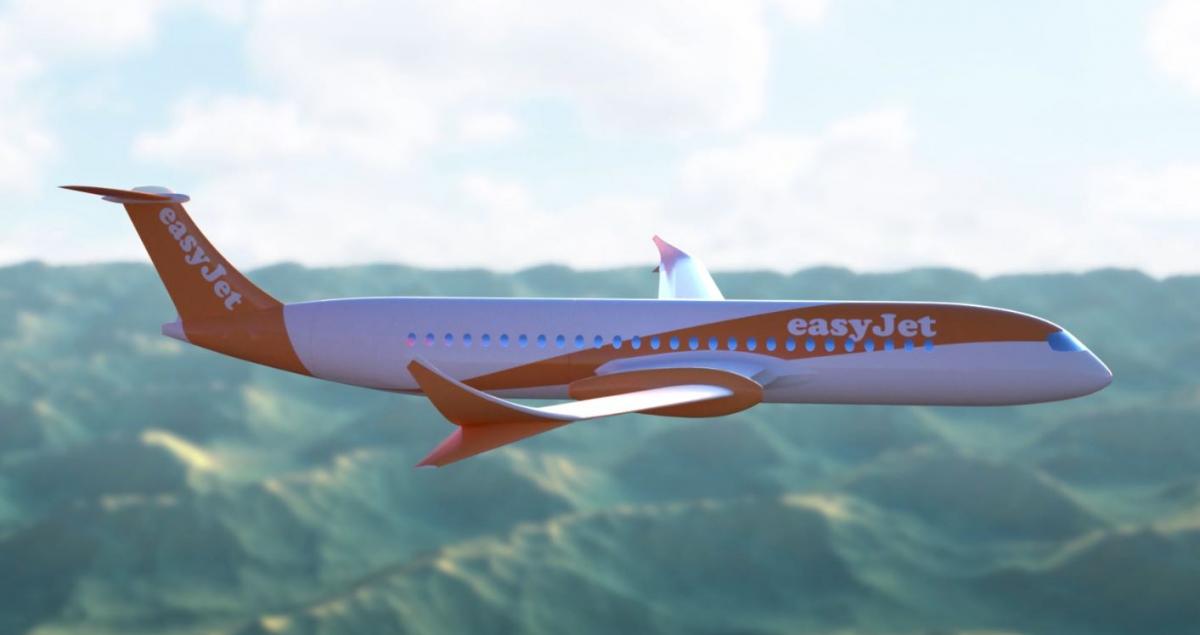
easyJet unveils key milestones in technological initiatives in 2018
- easyJet’s fleet will increase from 280 to over 300 aircraft by spring 2018 of which more than half will be A320s
- easyJet will have 28 neo aircraft in the fleet by the end of the year
- The delivery of easyJet’s first A321neo aircraft will contribute to the airline’s strategy to quieten and decarbonise aviation
- easyJet partner and electric aircraft pioneer Wright Electric to launch flights of a hybrid nine seat aircraft
LUTON, UK, 2018-Jan-08 — /Travel PR News/ — easyJet, Europe’s leading airline, has forecast reaching a number of key milestones in technological initiatives over the next 12 months.
Half of easyJet’s fleet is now A320 aircraft following a programme of up-gauging from 150-seat A319s to the larger aircraft, which have up to 186 seats, as well as a number of aircraft acquired which were previously operated by Air Berlin. By spring, the airline’s entire fleet will surpass 300 aircraft.
The airline will take delivery of its first A321neo in July, which will contribute towards easyJet’s initiative to decarbonise and quieten aviation. Further deliveries in 2018 will bring the number of neo aircraft in the fleet to 28 by the end of the year which provide 15% savings in CO2 emissions and a 50% reduction in noise compared to the aircraft they replace.
easyJet will continue to showcase the neo aircraft and its innovative environmental and cost efficient features at roadshows at the airline’s bases around the UK and Europe. Having already exhibited the aircraft in Amsterdam, the airline will also visit London Gatwick, Glasgow, Belfast, Newcastle, Bristol, Manchester and Liverpool; Barcelona, Geneva, Milan Malpensa and Paris Orly.
easyJet will also continue to work alongside US-based start-up and electric aircraft pioneer Wright Electric on their development of an all-electric commercial aircraft and expects to launch the first flight of a hybrid nine seat aircraft within the next 12 months.
A new video produced by Wright Electric shows the progress of this pioneering project, demonstrating contra-rotating propeller technology which is one of the innovations driving Wright Electric’s development of electric aviation. This concept was invented over a century ago and is a more efficient means of propulsion. Electric motors will be able to deliver this more easily than jet engines and it will be a crucial element of Wright Electric’s all-electric passenger aircraft.
Johan Lundgren, easyJet’s Chief Executive Officer commented:
“Our aim is for easyJet to go from strength to strength in 2018. I’m incredibly pleased that the hard work and energy of our people will enable easyJet to achieve a number of technological and environmental milestones in 2018.
“Our newest Airbus neo aircraft will continue to reduce our carbon and noise footprints, which have already been reduced by 38% and 50% respectively since 2000, compared to current aircraft.
“Our partnership with Wright Electric will reach a number of milestones in the development of an all-electric commercial passenger aircraft and towards a future which isn’t wholly reliant on jet fuel.”
Jeffrey Engler, CEO of Wright Electric commented:
“Working with easyJet to develop the next generation of air travel is a powerful validation of our technology approach. We’re incredibly excited to be reaching the first significant milestone in this pioneering project towards developing and commercialising our electric aircraft for the large and growing short-haul flight markets.
“easyJet’s impressive team continues to provide valuable insights to our engineers about the critical aspects required to run a successful airline, from maintenance to revenue management, and we look forward to reaching further milestones in the years ahead.”
SOURCE: EASYJET PLC
Ends
For further information, please contact the easyJet press office on 01582 525252 or log on to easyJet.com

